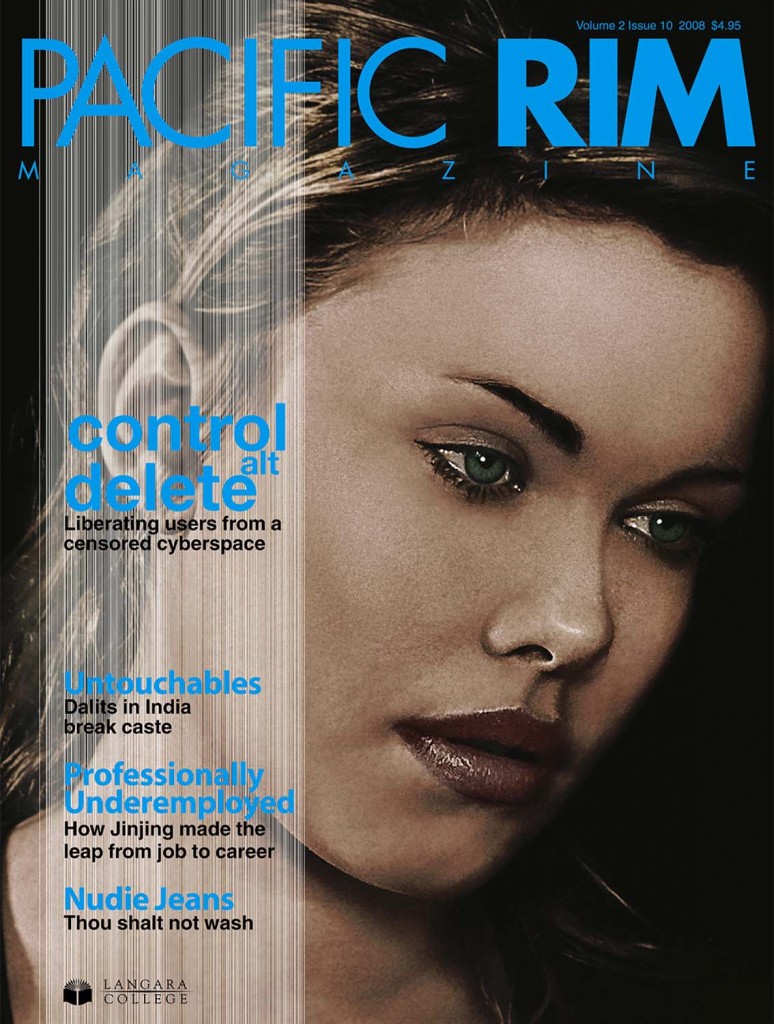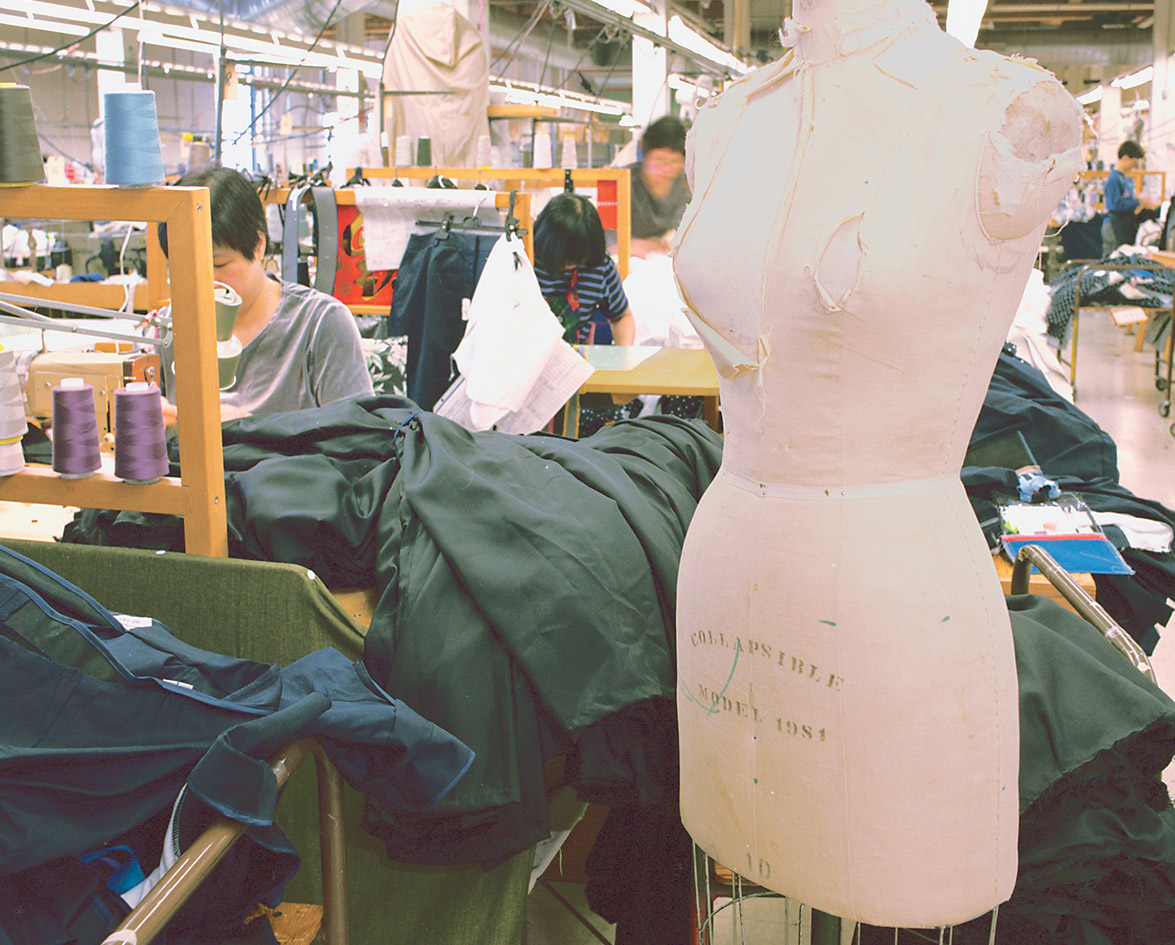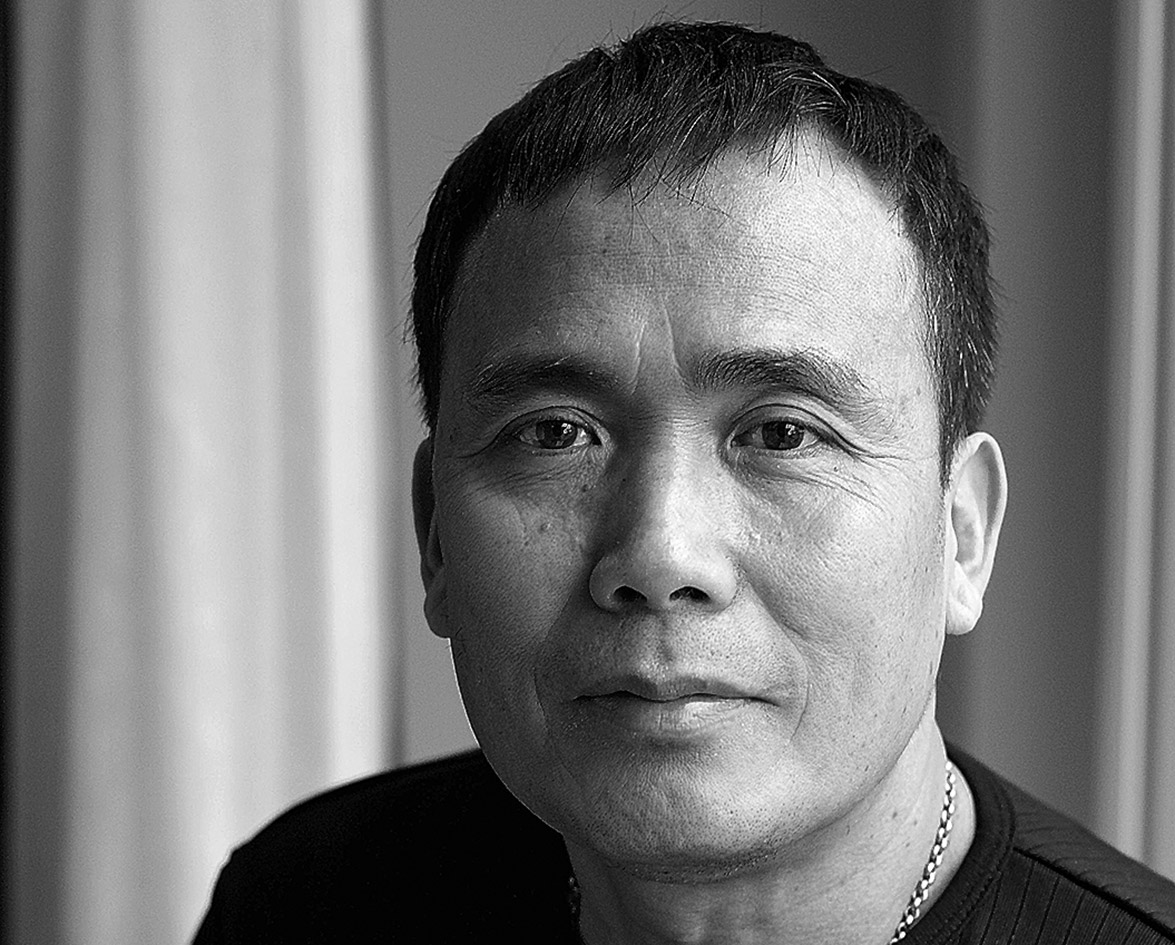“If I don’t achieve my dream, it will be okay,” says Jinjing Guo.
Meet Jin (pronounced Jean). Possessing a distinctive, dignified charm, Jin sits with perfect posture, and makes a point of looking at who’s speaking. She chooses her words carefully and speaks with a melodic, gentle flow. She pokes fun at herself freely and undoubtedly at the people she loves. She expresses gratitude generously. It’s impossible not to like her.
An accomplished electrical engineer, with years of senior-level experience, Jin emigrated from China to Canada with top-notch skills and an impressive work history. But the better life she sought for her and her family proved elusive. Instead, she ran into the “Canadian experience required” barrier.
Jin is not alone. Like many immigrants coming to “the land of opportunity,” she already had a good job and a solid future back home and was taken aback by the hardships faced in finding a professional position in Canada.
Educated But Not Qualified?
According to Colleen Halloran, an employment counselor with the YWCA Professional and Technical Workers’ Program in North Vancouver, “Many highly skilled, well-trained people from the Pacific Rim come from countries that are booming. Many held professional positions in IT, telecommunications, engineering, logistics, etcetera, with projects that were growing in leaps and bounds.” Yet when they come to Canada, with its smaller population and, consequentially, smaller economy and competitive labour market, they often experience discouraging professional setbacks and reality checks. Frequently, they end up in a mind space where, says Halloran, “It’s difficult to imagine getting their foot in the door of a company in their industry, let alone at a professionally challenging level.”
So the decision to emigrate is a trade-off: in exchange for a better way of life and a good place to raise a family, new Canadians take a step backwards professionally.
By 2017, Statistics Canada forecasts 20 per cent of the domestic labour force will be composed of immigrants. Evidently, Canada needs them. Immigration policies appear structured to attract skilled foreigners, to bring their knowledge and talents to Canada. And yet, when qualified candidates arrive they encounter employers telling them they must have relevant, local job experience. No experience, no job. No job, no experience.
They encounter employers telling them they must have relevant, local job experience. No experience, no job. No job, no experience.
They encounter employers telling them they must have relevant, local job experience. No experience, no job. No job, no experience. Moreover, there are, as Jin discovered, subtle but important differences between foreign and domestic business cultures: how people greet and talk to one another, and what constitutes appropriate assertive communication. Cultural miscues can be as complex as differing concepts of team dynamics, or as simple as interpreting email protocol.
“If I send an email to an employer in Canada and receive no response, I assume they don’t want me, and don’t follow up with another. I don’t want to be pushy. Then, I discover that they expect several attempts at contact. They want you to keep trying. They respect it. And they hire someone more forceful,” Jin says half-heartedly.
Arriving in Canada, Jin has sent countless unanswered queries and has “failed miserably” in many interviews. Others have experienced the same. So what do they do?
They fill survival jobs.
Upon arriving in Canada, Jin toiled in entry-level positions—one-hour photo technician, cosmetics packager, blackjack dealer at a local casino—never earning more than ten dollars an hour. Many of her peers (also Chinese immigrants) held Bachelor or Masters degrees, yet resigned themselves to never holding a professional job again. Some were angry and left Canada in frustration.
But not Jin.
“I picked up the photo job because while working, I could listen to many audio books from the library, like How to Build Your Self-Confidence!”
In recent years, many news stories have appeared in the Canadian press, focusing on highly skilled immigrants—doctors, lawyers, engineers—who, faced with credential recognition problems, have been unable to set up shop or get hired despite their impressive work histories. Doctors driving taxicabs and the like.
Even international accreditation is of little help. Fully certified, Jin spent six years unemployed or under-employed. Qualified with many years of senior-level experience, all relevant documents and a Masters degree to boot, and she could not get a job as an engineer in Canada. It wasn’t until the spring of 2007 that she landed a contract position with BC Hydro.
Mentoring Is The Key
Jin freely expresses undying gratitude to her mentor at BC Hydro, Senior Mechanical Engineer Paul Cheng. Also a Chinese immigrant, Cheng has been mentoring her since 2004.
In fact, mentorships appear to be the missing link many immigrant professionals need. A self-professed coach, Cheng “teaches the job seeker how to play the job seeking game in Canada.” “Interview skills, communication skills, the dos and don’ts…if they are unaware of these things, they are at a big disadvantage,” Cheng comments.
This seems obvious enough to the casual observer, as does the importance of mastering English for anyone who has a front-line job or is a manager—but the same goes for those who are seeking a job in a workshop or a lab.
“It is true,” clarifies Cheng. “We are engineers, not public speakers; numbers, drawings, crunching things. But communication, negotiation, getting a deal, how much we get paid, recommendations, explanations, are all part of the professional’s job in Canada. It’s all communication. BC Hydro wants employees with leadership potential, not order takers. People who can diplomatically challenge the boss. Communication skills.”
Professional expertise alone isn’t enough. In a competitive job market, employers can be choosy. They want qualified, experienced, domestically acclimatized, and articulate senior staffers.
“It can be very discouraging for a new person,” says Jin. Canada was the first place in which she had to look for a job. “In China the job came to me. I grew up in the Cultural Revolution—there were few graduates,” recalls Jin, referring to a ten-year period of political turmoil in China, in which the education system was brought to a virtual halt. (All university entrance exams were cancelled, and were only restored in 1977 by prominent politician and reformer Deng Xiaoping. The result of the revolution: almost an entire generation of inadequately educated Chinese citizens.) In this climate, companies were eager to hire. So much so, the president of the company in which Jin was formerly employed contacted her personally.
Canadian employers, however, are not so eager to hire immigrant professionals. Hence “persistence is key,” according to Cheng. “Many job seekers become disillusioned, unhappy, they blame others. I ask them, how are you packaging yourself? Are you prepared for competition? A percentage of applicants are not suitable, but many qualified applicants are simply improperly prepared. It’s not about selling yourself that is the myth. It’s how you stand out in relation to the competition. It’s about, what can you do? Customized resumes with objective, concrete specifics are very important. Blaming others and becoming unhappy will get you nowhere,” he says earnestly.
Persisting With The Dream
Jin admits that in pursuing her dream, her spirits have wavered on occasion. “Generally I’m positive but sometimes I really didn’t know if I could be a professional in Canada. But once I got to the casino, I found that all the dealers from China had graduated from university. What makes me different is that they never thought they could work as a professional here. ‘Being a dealer is okay. You know, it’s okay, it’s quite good.’ When I told Paul [Cheng] this, he was so disappointed! So when I started working here, Paul said, ‘Oh, finally!’” Jin lets out a giggle. “‘BC Hydro saved you from the casino!’”
“Jin [Guo] makes for a good story,” says Cheng. “For people trying to establish themselves in Canada, she’s a tremendous example of what can be accomplished if [you] are persistent.”
Colleen Halloran also lauds Jin’s determination. She fondly remembers her presence in the YWCA Professional and Technical Workers’ Program in 2003. “Even though she had not worked in her field in many years,” says Halloran, “[Jin] always maintained the belief that she had the skills to succeed, and that others would see her ability and want to hire her.” More importantly, Halloran shares, “She was committed to improving her English communication skills. She came to Canada with almost no English, but over the years she took classes and improved to the point that she graduated with Grade 12 English credit from a local school board. She also joined ‘Toastmasters’, and after many years of effort, eventually won a monthly public speaking competition in her group.”
Not only that, “she was flexible and willing to move. She sent her resume to positions in B.C., Alberta, and Ontario and was willing to move to the U.S. if need be. She had a plan A, B, and C,” Halloran adds. “In addition to seeking an engineering job, she worked at the photographer’s shop and was studying in a digital media program part-time. She worked hard on job search activities: she was constantly adjusting her resume and cover letters for each position. She practiced interview questions and spoke regularly with her network for advice when new opportunities arose.”
Jin hopes to be offered a permanent position at BC Hydro. “I only have one foot in the door,” she says with a warm smile, glancing over at Cheng who chuckles. “I’m not permanent yet. My dream is still to be a full-time engineer in Canada. I have a big gap in my professional history, almost ten years now. The team leader is taking a risk on me,” Jin smiles.
At press time, Jin had completed work on at least two major BC Hydro projects and had received positive feedback from the team. Visit YWCA Career Services for more information.











